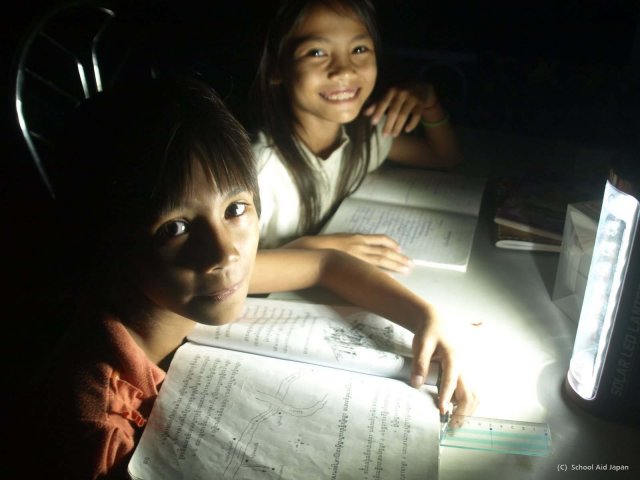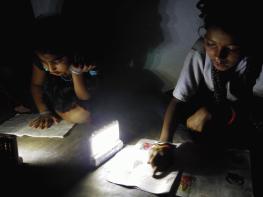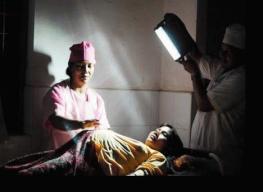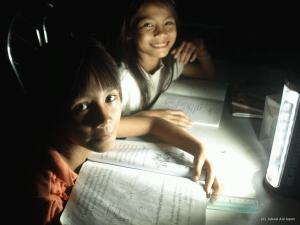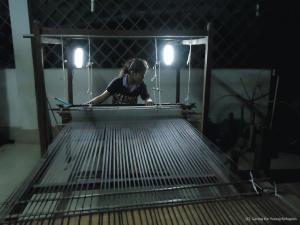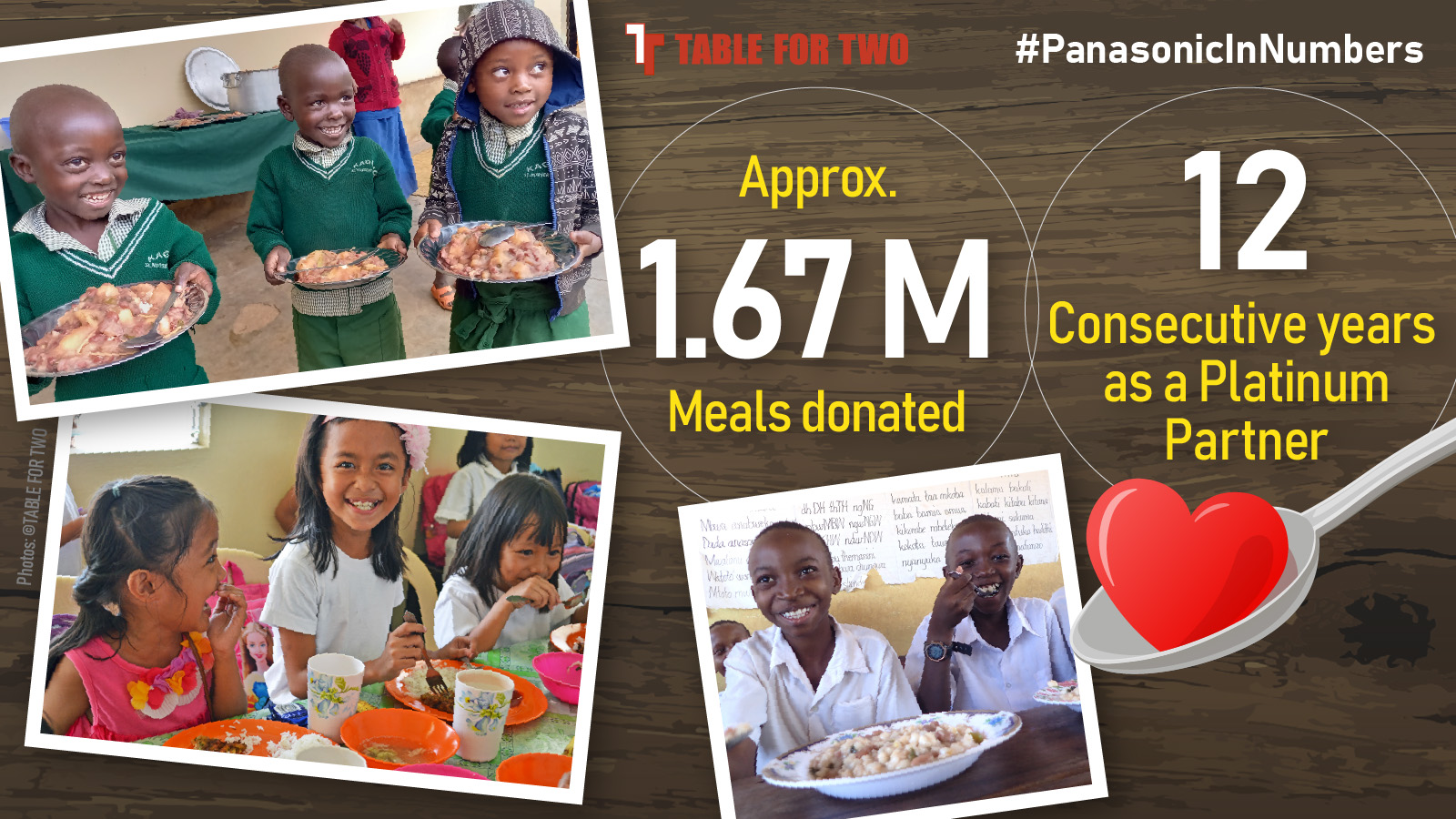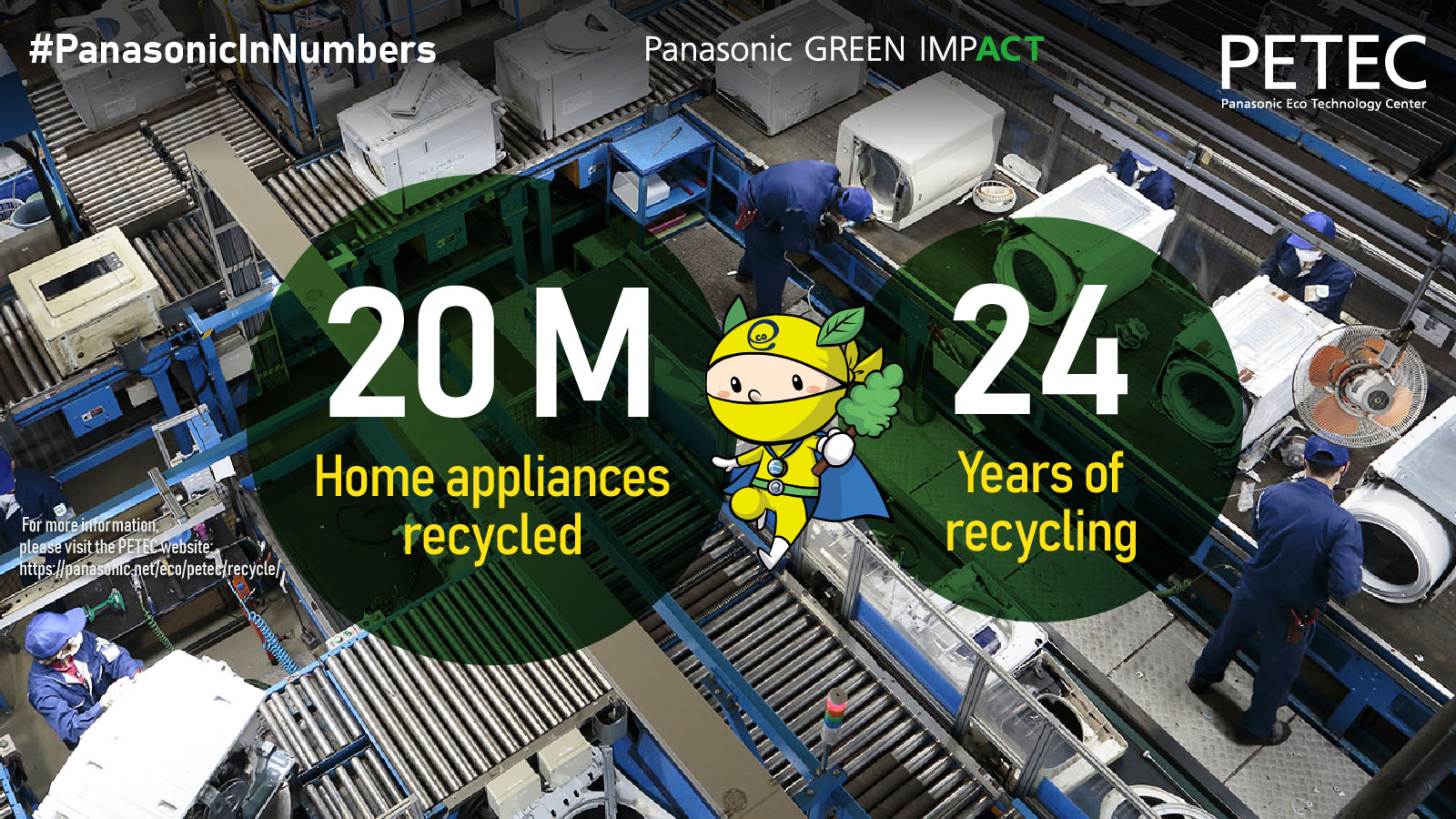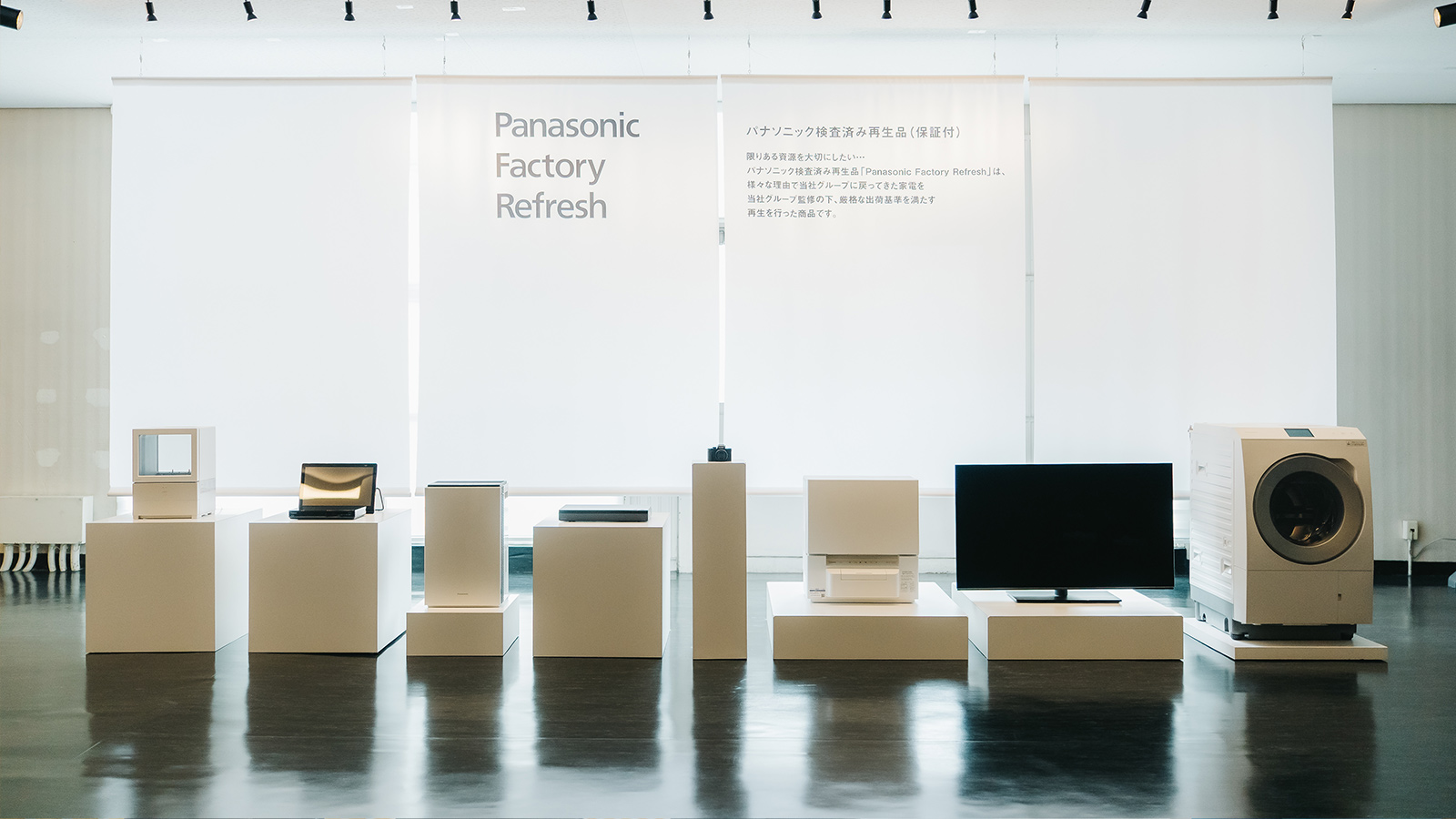What is "100 THOUSAND SOLAR LANTERN PROJECT"
- About 100 Thousand Solar Lantern Project
- Children Are Doing Their Homework with the Light
Currently, there are about 1.32 billion people worldwide living without electricity, mainly in developing countries in Asia and Africa*2. Many homes in these regions use kerosene lamps for lighting, but they pose the risk of fire and the smoke released by them is harmful to human health. Since they do not provide sufficient light, activities of people are significantly restricted at night. The lack of electric light in these regions means challenges in the areas of healthcare, education and the economy.
In order to help solve the various problems in these non-electrified regions, Panasonic has been promoting corporate citizenship projects by actively utilizing its core technologies and products. The donation of the solar lanterns is one example of these efforts. By generating electricity from sunlight during the day and storing it in a battery, Panasonic's solar lantern can be used as a small lighting fixture at night. It poses no risk of fire or harm to human health, and generates no CO2 emissions during use.
- Light of Hope in Cambodia - 100 Thousand Solar Lantern Project
- Maternal Checkups at Night
(C)World Vision Japan
In April 2011, Panasonic donated 1,000 solar LED lanterns to Tanzania through a UN agency, followed by 2,000 lanterns to Cambodia through an NGO in March 2012. Thanks to the bright light provided by these lanterns, users can effectively carry out healthcare, education, and economic activities even at night, without any of the health risks posed by kerosene lamps. Some households have even reported lower expenses now that they do not have to buy kerosene.
Therefore, based on these past efforts, the 100 THOUSAND SOLAR LANTERN PROJECT is being launched with the firm belief that these lanterns can play a major role in helping to solve social issues in developing countries and newly emerging economies.
- As Lights in the Study Room of the Orphanage
(C)School Aid Japan
- The Lights Helping to Weaving-work at Night in Textile Training Center
(C)Caring for Young Refugees
Toward 2018, Panasonic will continue to donate solar lanterns to developing countries. The company is striving to help improve living conditions in these regions and to help achieve the UN Millennium Development Goals (MDGs).
*1 In fiscal 2013 (April 2012 - March 2013), the initial year of the project, Compact Solar Lights were donated instead of solar lanterns.
*2 Source: "World Energy Outlook 2011" International Energy Agency
Related Links:


